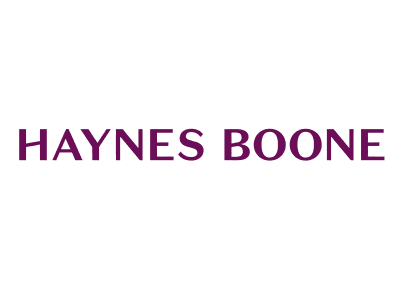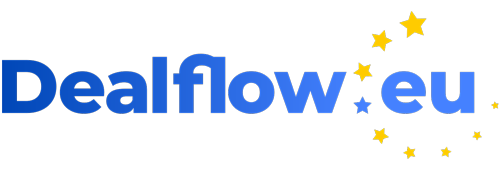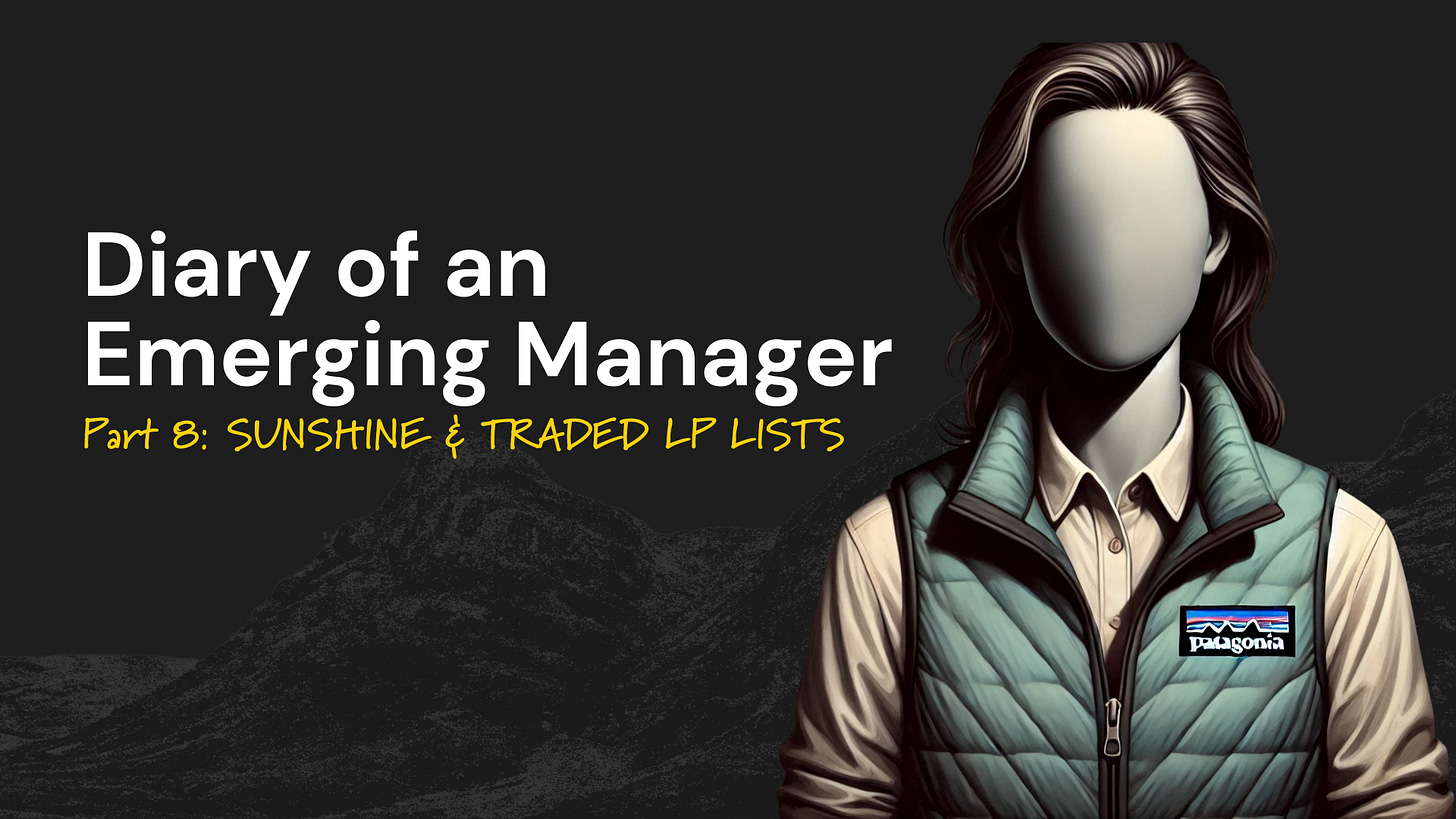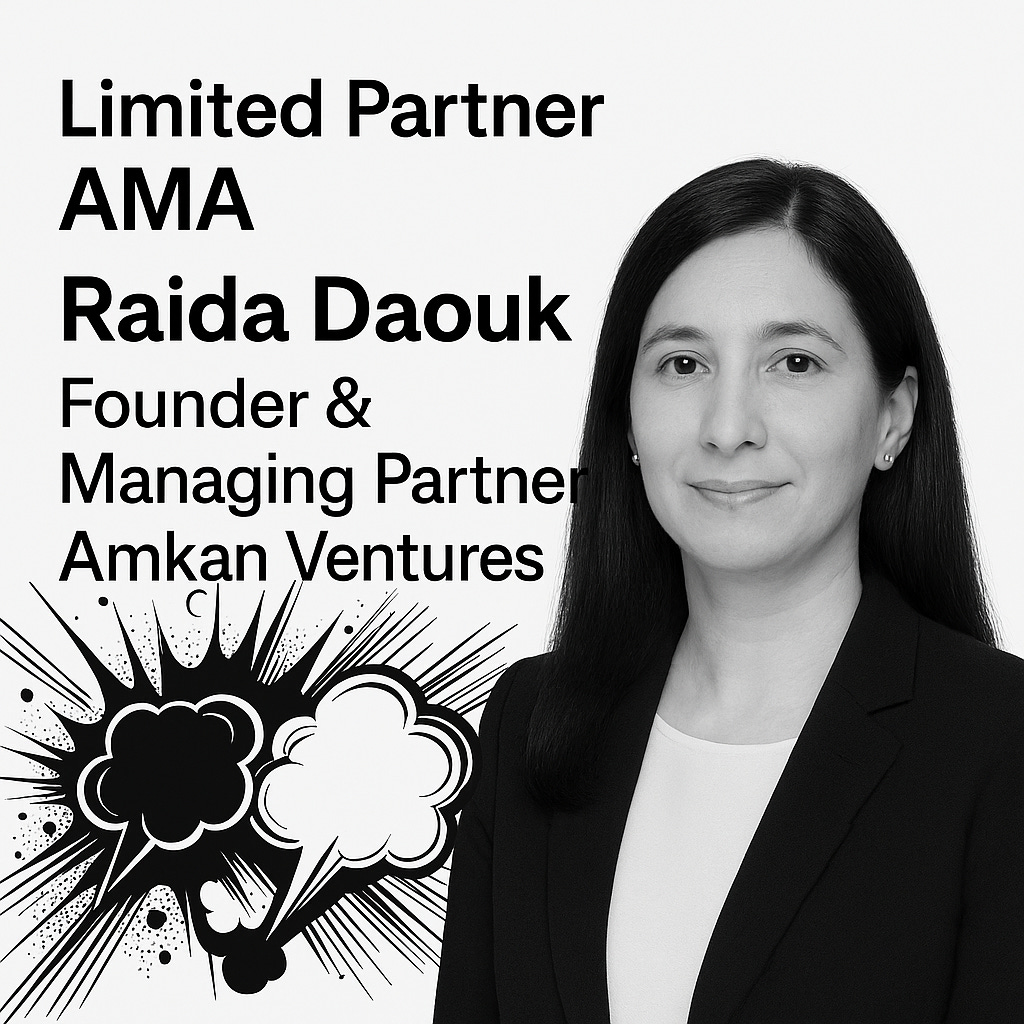Europe’s venture story isn’t built on unicorn headlines alone—it’s the alumni who spin out, the pivots that rewrite company destinies, and the underdog funds that quietly outperform.
This week’s drops showcase all three: Seedcamp’s Tom Wilson breaks down Europe’s flywheel effect—2,000 startups born from unicorn alumni. Ivan Burazin shares how Daytona pivoted into one of the most talked-about AI infra plays. Saul Klein and Yoram Wijngaarde unpack Dealroom’s new Powerlaw ranking, Europe’s $50B growth gap, and why following breakout founders matters more than chasing valuations. And at the Summit stage, we celebrate Credo Ventures as Firm of the Year and Will Maunder-Taylor’s playbook for building world-class sales talent.
Add in an insider deep dive on Europe’s deep tech conditions for growth, and you get the throughline: the ecosystem’s next chapter won’t be written by chance—it’s being built, recycled, and compounded founder by founder, fund by fund.
With 💖
David & Andreas
Table of Contents
🎧 Podcasts of The Week
EUVC Summit 2025 | Tom Wilson, Seedcamp: Europe’s Flywheel Moment
Ivan Burazin, Daytona: Building Daytona, the Computer for Agents
EUVC Summit 2025 | Will Maunder-Taylor, OutboundVC: Sales Talent Over Experience
✍️ Insights of the week
🎧 Podcasts of The Week
EUVC Summit 2025 | Tom Wilson, Seedcamp: Europe’s Flywheel Moment
At the EUVC Summit 2025, Tom Wilson took the stage to highlight something we often overlook when talking about Europe’s breakout tech stories:
“The real engine of growth isn’t just the unicorns. It’s what happens after.”
2,000 Startups Later: The Alumni Effect
Tom opened with a striking stat:
“Over 2,000 startups have been founded by alumni of just 250 European unicorns.”
This ripple effect—beautifully documented in the Atomico State of European Tech report—is the unsung compounding force in our ecosystem. Each breakout company doesn’t just create returns—it creates founders. And each founder then builds the next set of teams, products, and outcomes.
“Tech is right at the heart of Europe’s growth story. It’s what drives jobs, resilience, and momentum.”
What’s Still Missing? Liquidity.
While the flywheel is turning, one spoke is still weak: liquidity.
“The recycling of capital is still too thin across the ecosystem.”
Without steady exits—IPOs, large acquisitions, secondary markets—we limit:
Angel reinvestment
Emerging manager formation
Operator talent flowing back into early-stage companies
Tom called for more policy, infrastructure, and cultural support to celebrate exits—not just fundraises—and to empower alumni to give back as investors, advisors, or future founders.
Failures That Feed the Future
Tom also made a powerful point about non-linear outcomes.
“Not every startup becomes a unicorn. But the people who build them still carry value—and often show up in the next big story.”
He cited examples of founders who, after shutdowns, joined early teams at Revoo, Vizier, and other category leaders—and played crucial roles in their success.
This isn’t just resilience. It’s how ecosystems mature.
Final Message: Celebrate the Cycle
“We need to do more to recognize and encourage the second act: the angels, the early hires, the operators who cycle back in.”
Because Europe’s breakout companies aren’t just wins.
They’re launchpads for the next generation.
And every reinvested euro—and recycled founder—keeps the flywheel spinning faster.
Full lifecycle legal advisory for LPs, GPs, startups & scaleups — get to know Haynes Boone.
Ivan Burazin, Daytona: Building Daytona, the Computer for Agents
Welcome back to another episode of the EUVC Podcast, where we gather Europe’s venture family to share the stories, insights, and lessons that drive our ecosystem forward. Today’s conversation takes us on a global journey from Croatia to San Francisco to uncover how one founder caught lightning in a bottle and is now racing to harness it.
Our guest: Ivan Burazin, founder of Daytona. With a career spanning Toronto, Croatia, Infobip, Shift Conference, and now Daytona, Ivan brings a rare, global perspective on how Europe can lead in DevTools and AI infrastructure. Alongside him, our dear friend Enis Hulli from E2VC joins to spotlight Daytona’s story, the lessons from its dramatic pivot, and what it means for founders and investors navigating this new AI wave.
🌍 Takeaways for Founders & VCs
Pivoting takes conviction — and earns respect when done boldly.
Product-market fit feels like chaos. If customers chase you for API keys and Slack is on fire, you’re onto something.
Location matters: SF remains the gravitational center for AI.
Scaling requires discipline: careful hiring, white-glove support, and balanced execution.
Capital strategy is leverage: revenue gives founders the power to demand more from investors.
🎧 Listen on Apple or Spotify — or queue it for later with chapters ready to go.
Saul Klein of Phoenix Court & Yoram Wijngaarde on Dealroom's Powerlaw Ranking, Europe's $50B Growth Gap & The Importance of Following Breakout Founders
European VC Power Law Report: Why Revenue Beats Unicorn Status
Dealroom's recently released 2025 Power Law Investors Ranking 2025 report offers a unique milestone for European venture capital: 700 companies across EMEA now generate over $100 million in annual revenue. These aren't just unicorns floating on paper valuations. These are businesses with real customers paying real money.
The report introduced a new category called "thoroughbreds" to capture this shift toward fundamental business metrics. While unicorns still matter for their forward-looking promise, thoroughbreds tell us something different: which companies actually built sustainable businesses that can weather market cycles.
Today, Andreas Munk Holm digs into this topic and more with Saul Klein, co-founder of Phoenix Court (home to LocalGlobe, Latitude, Solar, and Basecamp) and the #1-ranked investor in the report, alongside Yoram Wijngaarde, founder & CEO of Dealroom.
⏱️ Here’s what’s covered:
00:39 - Saul on what topping the ranking says about Phoenix Court's approach
01:53 - Yoram explains the thoroughbreds metric
03:49 - Revenue vs valuation debate, lessons from Skype
07:36 - Why Phoenix Court became multi-stage
13:02 - The $35-50 billion growth stage funding gap
17:38 - Advice for seed firms considering multi-stage expansion
22:31 - Defense of the methodology's seed weighting
24:58 - Picking companies at seed vs later stages
Bottom line: Europe has proven it can create substantial venture-backed businesses. The 700 thoroughbreds generating over $100 million in revenue represent a mature ecosystem. But the $50 billion funding gap at growth stage threatens to limit how big these companies can become. Firms that follow founders across multiple stages while maintaining investment discipline will likely capture the best returns as Europe's venture ecosystem continues to mature.
🌍 Takeaways for Founders & VCs
Revenue metrics provide better long-term signals than valuation snapshots for sustainable business building
Multi-stage firms that follow founders from seed through scale-up capture outsized returns by maintaining deep relationships and conviction
Europe's $50 billion growth-stage funding gap creates both a challenge and opportunity for local capital sources to step up
Seed-stage success is exponentially harder than later-stage investing, with only 1 in 1,200 firms backing 10+ unicorns
The best investment opportunities often come from riding multi-decade waves with exceptional founders who can adapt through market cycles
💡 One-liner takeaway
Europe's 700 thoroughbreds prove the ecosystem can build real businesses, but the $50 billion growth-stage funding gap means firms that master the discipline of following founders across decades will compound the winners that drive economic growth.
Brought to you by Affinity – Exclusive dealmaking benchmarks
Discover dealmaking trends from nearly 3,000 VCs across 68 countries — get the Affinity Investment Benchmark Report.
EUVC Summit 2025 | Firm of the Year: Credo Ventures
At the EUVC Summit 2025, the Firm of the Year award didn’t go to a household name—or a partner of the presenter. It went to a firm that’s quietly built one of the most impactful portfolios in European venture over the past decade:
Credo Ventures – winner of this year’s Firm of the Year Award.
And the irony? They didn’t see it coming.
“I never really liked awards like this… but maybe I’m ready to reconsider.”
Building Beyond the Spotlight
Credo Ventures’ rise hasn’t always been center stage. Based in Central and Eastern Europe, they’ve long bet on founders and ecosystems that many in mainstream venture overlooked.
But the results speak for themselves—category-defining companies, global expansion stories, and a consistent track record of backing ambitious founders early.
“Maybe having such an award can be a new KPI for us—right next to DPI.”
A Touch of Humility. A Lot of Performance.
The Credo team kept the moment light, thanking not just their founders and LPs—but even the investors who didn’t back them.
“Thank you, Thomas, for not investing in us. Maybe that pushed us forward even more.”
This self-awareness is part of what’s made Credo so beloved in the ecosystem: no arrogance, no buzzwords—just clear conviction, strong founder relationships, and outcomes that speak louder than headlines.
A Win for the Underdogs
This award wasn’t just about Credo—it was a signal to every fund building off the beaten path:
That it’s possible to build world-class performance from anywhere
That recognition follows consistency
And that humility and humor are strengths, not liabilities
“The real credit goes to the founders we’ve backed. Their success is why we’re here today.”
Congratulations to Credo Ventures—EUVC Firm of the Year 2025.
May DPI stay high, and KPIs stay fun.
Join ImpactVC, a global community of 900+ VCs driving change and using venture capital to tackle the world’s biggest challenges—explore their community, resources, and training at impactvc.co.
EUVC Summit 2025 | Will Maunder-Taylor, OutboundVC: Sales Talent Over Experience
At EUVC Summit 2025, one speaker opened with an unexpected challenge:
“Let’s stop munching grass like a herd of sheep—and start looking toward the horizon.”
What followed was a deeply tactical session on how VCs and founders can recruit, test, and develop top-tier talent, with lessons drawn from—of all places—English football and cybersecurity unicorns.
From Pub Pitches to Premier League: The Leicester City Blueprint
Will Maunder-Taylor shared the story of Leicester City FC, one of the most improbable sporting triumphs of modern times.
In 2008, they were relegated to the UK’s third division
In 2010, bought by new owners
In 2011, hired Steve Walsh as head of recruitment
By 2016, against 5,000-to-1 odds, they won the Premier League
How? By focusing on:
Mindset over CV
Data over brand
Team chemistry over big-name signings
They built an entire team for £25M—less than what a competitor paid for one player.
“They believed in talent and mindset over character. And they trained accordingly.”
What This Means for Founders
Once founders have the confidence to hire ambitiously, the next question becomes: How?
The speaker offered a practical framework:
Be brutally honest in interviews – Share real concerns and observe how candidates respond. Can they absorb and reflect?
Create structured feedback loops – Let people improve in real time, not post-mortem.
Test behavior, not polish – Past brand names don’t predict future startup grit.
Build in weekly accountability – The only difference in the top-performing teams? They check in—regularly, honestly, and constructively.
VC's Role: Push for Accountability, Not Just Hiring
“If you're a VC or board member and you’re not instilling weekly accountability in your portfolio, you’re missing the biggest lever.”
Will Maunder-Taylor called on VCs to get tactical—not just strategic:
Ask founders how they’re hiring
Who’s mentoring the team?
What KPIs exist for internal talent development?
How is feedback being delivered?
Because talent isn’t just about who you hire—it’s how you coach, test, and level them up.
Where operational expertise and innovation work for you.
✍️ Insights of the Week
Demystifying deep tech: Capital, capability and conditions for growth
By Catherine Wright, Director, Consumer Internet, Climate & Frontier Tech, Corporate Banking at HSBC Innovation Banking
Key Insights
Deep tech is defined by hardware-driven innovation rooted in science or engineering breakthroughs (e.g. robotics, quantum, semiconductors).
Maturing technologies and convergence—quantum meets robotics meets XR—are creating powerful new verticals.
Investor interest is expanding: deep tech now represents nearly a third of Europe’s venture capital in 2025. £8.8B was raised in the UK alone during 2023.
Often conflated with software-first innovation, deep tech is grounded in machinery and scientific advances—everything from space systems to mixed-reality capsules. Catherine Wright begins with a striking quote from Bill Gates: “Software is more important than hardware,” only to flip it—deep tech is pushing forward new realities.
In 2025, many hardware-focused verticals are converging: robotics, quantum, XR and semiconductors are blending into hybrid ecosystems, accelerating faster than before. Investors are taking note: deep tech makes up roughly one-third of VC deployment in Europe this year, with UK alone raising £8.8 billion in 2023 across 1,346 deals.
This shift is prompting broader access to capital: institutional funds are increasingly entering what was once a niche and capital-intensive arena. As development costs decline and cross-sector convergence takes hold, barriers to entry are shrinking—and opportunity is amplifying.
Discover EU-backed startups, raise capital & connect with innovation leaders — explore Dealflow.eu, the EU-backed platform bridging founders, VCs & corporates.
Make an impact with the bank made for the innovation economy
Diary of an Emerging Manager: Sunshine & Traded LP Lists
Please allow me to deviate slightly from the promised trajectory and instead begin by sharing how we’ve been approaching LPs, reflect a little on the unexpectedly tremendous support we’ve received lately - from random strangers to close friends. Maybe it’s the sunshine or the warm weather, but even though we’re still far from being fully operational, I’ve started to see things in a more positive light.
And since I believe positivity is contagious (in a good way), I decided to share some love.
If you remember my earlier log entries—especially the first ones - you might recall how I condemned those lukewarm, salesy GP accelerators. More of a Venture Whingerer than a Venture Whisperer. Like a melodramatic teenager blaming life for simply being unfairly difficult, I was honestly just fed up - with how little help was available and how inefficient the system felt.
Now, to be clear: the system still hasn’t magically improved. But what has changed is that I’ve started noticing that help is out there—it’s just... not always obvious & you have to work for it. Sometimes it means scratching a few backs - and if they scratch yours in return, it might just lead to a few million in commitments. Not a bad ROI on goodwill. (Very much aligned with what I wrote in the previous entry—“make friends, not connections,” just zoomed out to a bigger scale.)
Long story short: being kind and helpful pays off. In our case, senior professionals offered to join our advisory board, lending us credibility and invaluable advice. (Random) People made introductions, advocated for our fund, interviewed us, or simply shared thoughtful insights. Peers passed around lists and cross-recommended one another. Sure, we had to make the first move - but honestly, it didn’t take much. Just a few genuine conversations, some time spent helping others, and a willingness to connect the dots. Totally worth it.
But unfortunately, a few warm favours won’t build your fund for you. So… let’s talk about prospecting. It’s hard. It’s awkward. And if you’re new, it’s basically the only tool you’ve got (aside from going to a gazillion events).
Yes, once in a blue moon, someone will kindly introduce you to an LP—but unless you’ve already got a name in this segment of the innovation ecosystem or some early traction, don’t count on recommendations. Unless, of course, you’re a fortunate son.
By “prospecting,” I mean politely harassing people in a legally acceptable way—i.e., messaging. As I’ve mentioned before, we don’t have any ultra-wealthy close friends, so our options are pretty limited.
The good news? My business partner comes from sales. The bad news? 1) This is nothing like sales. 2) Good LP lists are rare unicorns. 3) We have to craft messages that make us stand out—and somehow position our humble little dream as a top-tier VC. Easy, right?
Google — Start building today with GCP and receive from $2k to $350k in Google Cloud credits
Get trusted legal advice for investors & entrepreneurs — from start-up to scale. We know tech — get to know Goodwin here.
Want to learn how a top LP navigates the industry? Join us on September 18th at 1:00 PM CET for an exclusive AMA with Raida Daouk, founder & Managing Partner of Amkan Ventures, the only (so far) fund of funds dedicated to backing solo GPs.
➡️ Register to attend below
With over a decade of experience spanning banking, venture capital, and fund-of-funds investing, Raida Daouk is the Founder and Managing Partner of Amkan Ventures—the first solo GP-led fund of funds in the Gulf region. She has backed several emerging U.S. venture managers and is building a portfolio of early-stage tech funds. Her mission is to bridge Gulf-based family offices with high-performing, hard-to-access venture funds in the U.S., unlocking global opportunities for regional investors.
🤗 Join the EUVC Community
Looking for niche, high-quality experiences that prioritize depth over breadth? Consider joining our community focused on delivering content tailored to the experienced VC. Here’s what you can look forward to as a member:
Exclusive Access & Discounts: Priority access to masterclasses with leading GPs & LPs, available on a first-come, first-served basis.
On-Demand Content: A platform with sessions you can access anytime, anywhere, complete with presentations, templates, and other resources.
Interactive AMAs: Engage directly with top GPs and LPs in exclusive small group sessions — entirely free for community members.
Connect with Europe’s leading LPs, Family Offices & Fund of Funds this September at Château de Beloeil.
Where Europe’s venture capital LPs & GPs connect — curated, high-impact networking | Buy tickets now!
Before you go…
We also wanted to share the final newsletter from the CO-INVESTIN project, which we’ve been proud to be part of. While the project is wrapping up, the mission continues — connecting Europe’s investment ecosystems, bridging funding gaps, and driving more transparency and inclusion. This edition is packed with updates on new collaborations, upcoming roundtables, insights on diversity and impact investing, and highlights from recent forums shaping the future of European venture.

































It's so nice to see a newsletter focused on Europe and the amazing startups here